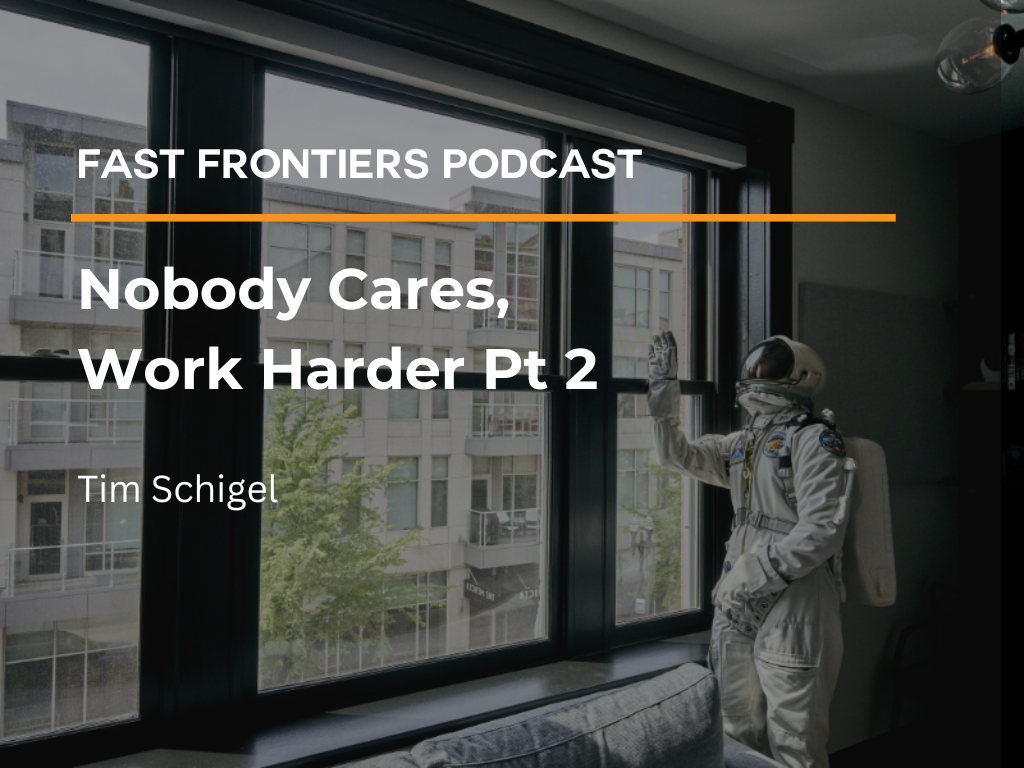In Part 1 of this article, we defined Deep Practice and how to apply its principles to entrepreneurship. What else can we do to take Deep Practice to the next level and improve our chances of success? Deep Practice involves three principles:
- Discovery: Understanding a set of actions by “chunking” it down into its fundamental components.
- Repetition: Repeat those actions slowly and to failure, until fluid and mastered.
- Evaluation: Solicit a steady stream of objective feedback.
Leadership is the most universal skill that is required for an entrepreneur to be successful. Creating a company is a human endeavor. Now let’s look at the third principle, Evaluation.
It’s essential to have a coach or advisor on your team to improve your entrepreneurial skills. But you don’t want to work with just anyone. If I’m looking for a golf coach, I’m going to do some research and consider a person’s credentials. As an entrepreneur, my focus may be to find a coach who has launched a successful product or led a hypergrowth company. The best example of coaching in Silicon Valley can be found in the book Trillion Dollar Coach: The Leadership Playbook of Silicon Valley’s Bill Campbell. Bill worked with leaders like Steve Jobs and Eric Schmidt. If that’s not evidence of the fact that everyone can use a coach, I don’t know what is!
The best coaches don’t sugar coat. They tell you exactly what you need to hear to help you improve—even if the critique hits a nerve. So if you’re hearing constant compliments about how great you are, then it’s time to consider finding a more demanding coach or mentor.
Great coaches focus on praising your effort, not glorifying your nature or talent. They give you sound and actionable advice on improving areas you’re struggling in.
Take, for example, John Wooden, the famous UCLA basketball coach. Psychologists Roland Tharp and Ronald Gallimore observed John during the 1974-1975 season and broke down his teaching methods. He would often employ a combination of scolding and reinstruction, approximately 8% of the time. Praise was only given 6.9% of the time, while scolds were closely followed at 6.6% of the time. There were no lavish praises—just practical adjustments.
“Do this, don’t do that.” Simple and to the point. With useful feedback, he was able to take his team to the next level and turn his players from good to great.
Getting coached by a leader in the industry will do the same. They’ll help you Deep Practice the areas that need tightening up and create a feedback loop that helps you learn. You might ask, “Why would a person who’s been successful bother coaching me?” I’ll let you in on a little secret. If they’ve been successful, they’re likely to credit the mentorship of a coach in their journey and will credit you for having the courage to ask them. The title of this article is Nobody Cares, Work Harder. That’s not exactly true. I’ve found that the people who care the most are the coaches, advisors, and mentors that are willing to invest their time and wisdom into you. The payoff for them is to see you respond and flourish.



